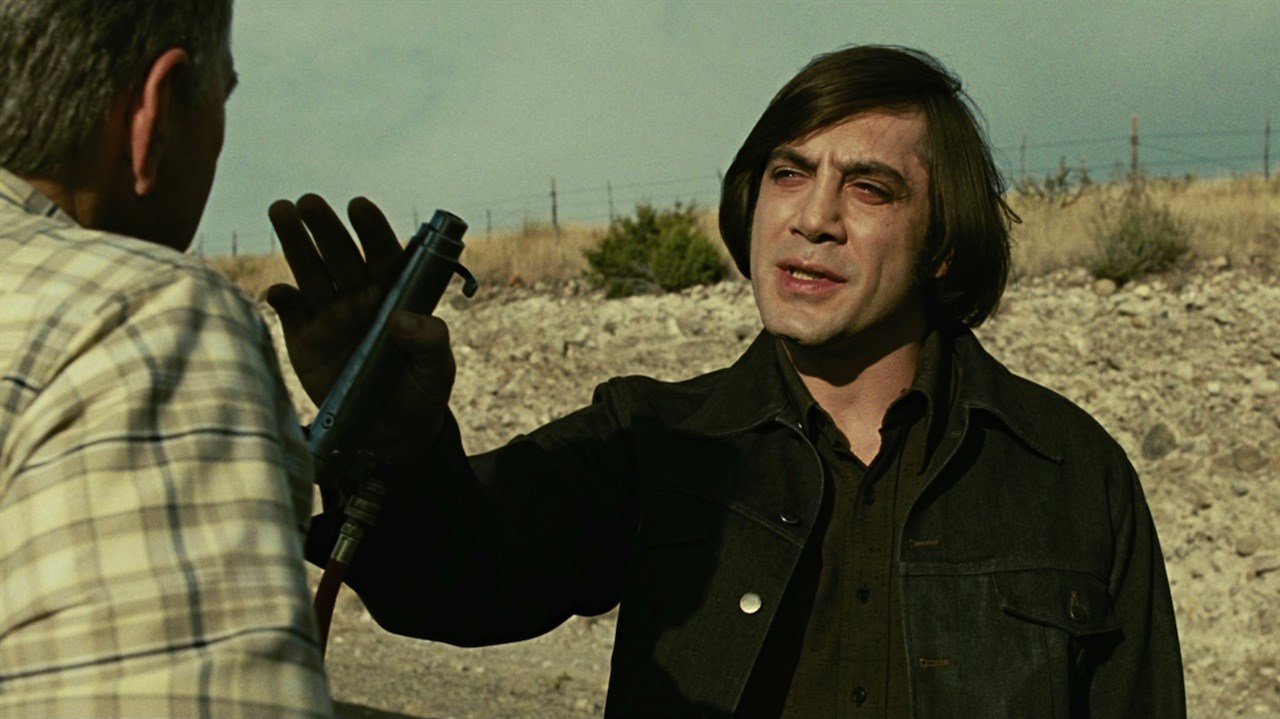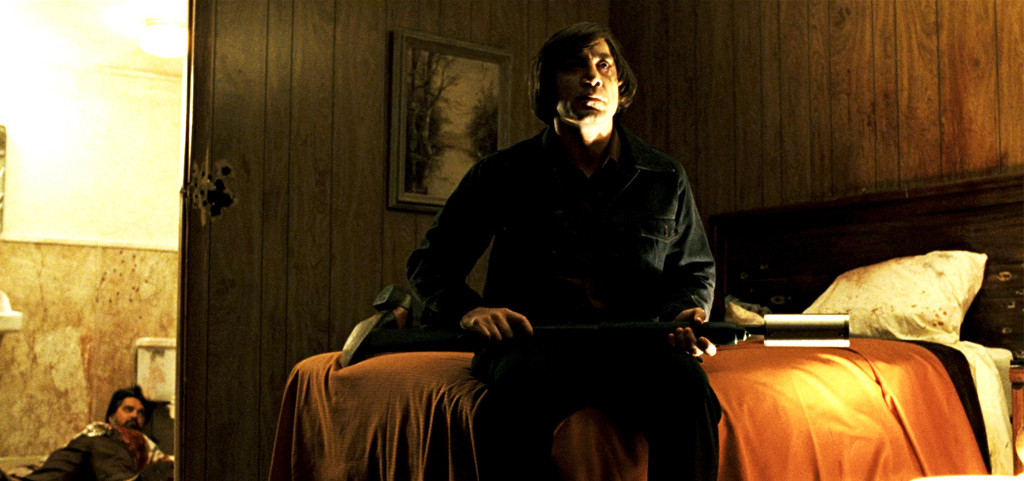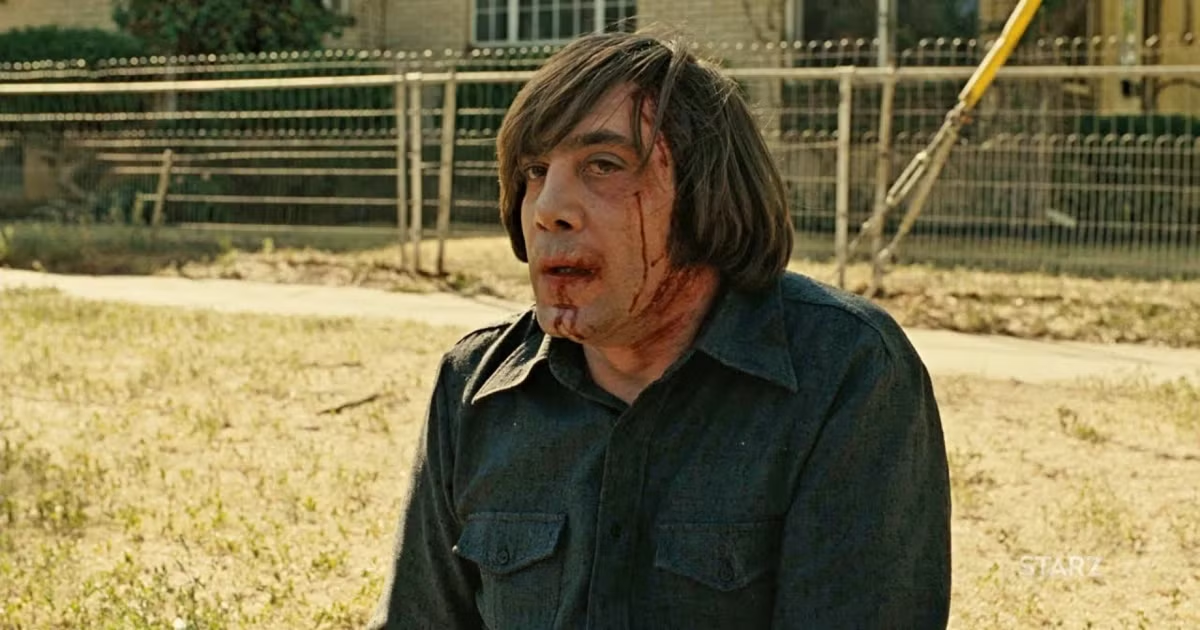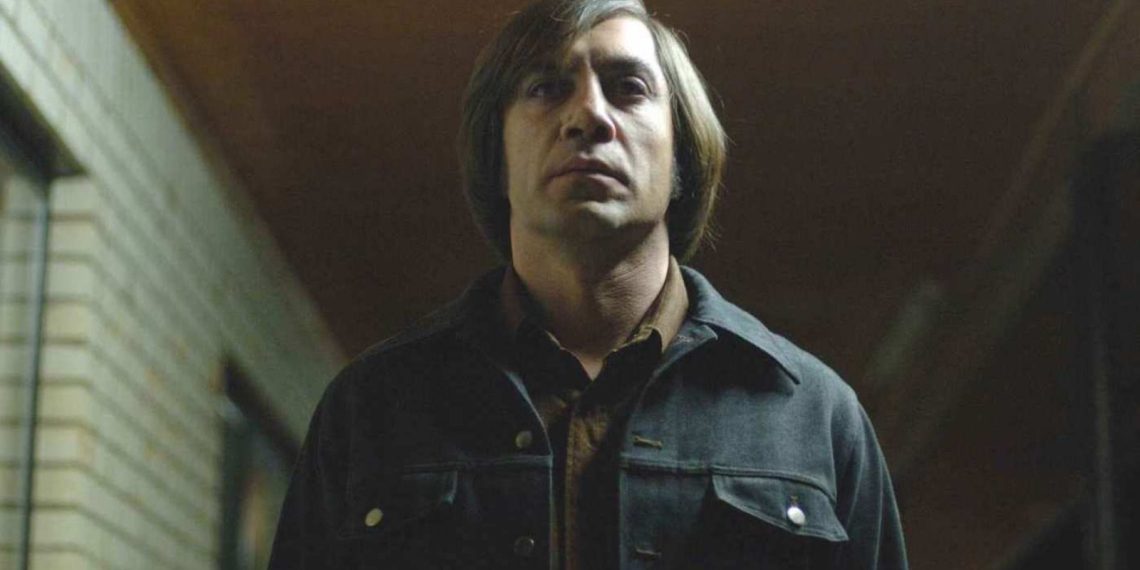No Country For Old Men has earned its place as a modern classic, with its unforgettable characters, tension-filled moments, and a plot that keeps viewers on the edge of their seats. However, its ending has sparked considerable debate. The film is a faithful adaptation of Cormac McCarthy’s novel, following Llewelyn Moss (Josh Brolin) who steals a bag of drug money and finds himself pursued by the relentless hitman Anton Chigurh (Javier Bardem). At the same time, Sheriff Bell (Tommy Lee Jones) tries to intervene, hoping to save Moss and stop Chigurh’s reign of terror.
The Coen Brothers’ movie, much like McCarthy’s book, begins as a gripping genre piece, only to reveal deeper philosophical themes by the end. The No Country For Old Men finale, especially its final moments, left audiences expecting a more traditional climax, only to find themselves presented with an ambiguous conclusion. A decade after its release, discussions surrounding the ending continue to unfold, with a closer analysis revealing the nuanced intentions behind the Coen Brothers’ vision.
No Country For Old Men Ending Explained: The Surprising Conclusion of No Country For Old Men
The story’s suspense mainly revolves around Moss trying to stay ahead of Chigurh. However, in an unexpected turn, Moss is killed off-screen by a group of assassins. Chigurh recovers the stolen money, and true to his earlier threat, he visits Moss’ wife, Carla Jean, with a grim decision. Chigurh offers her a coin toss to decide her fate, and she refuses to play along, leaving the choice to him. It’s implied that he kills her.

Soon after, Chigurh is involved in a traffic accident, but despite his injuries, he walks away from the destruction he’s caused. The focus then shifts to Sheriff Bell, who is grappling with the fallout of his failure to save Moss or stop the chaos. In his retirement, Bell reflects on two dreams he had the night before. The first involves meeting his father, who gives him money, and the second features them riding together through a snowy mountain pass. Bell’s recounting of these dreams ends with him acknowledging that he woke up, marking a symbolic end to the film.
The Symbolism Behind Sheriff Bell’s Dreams
Bell’s two dreams are central to understanding the deeper meaning of No Country For Old Men. From the beginning, it’s clear that Bell feels disconnected from the world around him, yearning for a time when good and evil were easily distinguishable. His first dream highlights this sense of guilt, as he was entrusted with a mission to protect Moss and failed to do so. The dream is a subconscious reflection of Bell’s lingering sense of responsibility and regret, which he struggles to articulate.
The second dream features Bell and his father riding through a cold, snowy, and it represents Bell’s internal conflict. He notes that he is now 20 years older than his father ever was, signifying that he has become the old man in his visions. This moment is more than just nostalgia; it’s an acknowledgment of the passing of time and the death of a simpler, more hopeful worldview. The fire Bell’s father lights in the dream symbolizes the hope that values from the past could carry on into an uncertain future. However, Bell’s abrupt awakening suggests that not only have these values faded, but they may never have existed as he remembers them.
Why No Country For Old Men’s Ending Was Controversial
On the surface, No Country For Old Men may seem like a typical Western thriller. In a conventional storyline, Moss would have faced off against Chigurh, and after a dramatic showdown, he would have survived, escaping with his wife and the stolen money. Instead, Moss is found dead in a rundown motel room, and his wife’s life is taken shortly afterward. The audience’s expectations are shattered further when Sheriff Bell, who has largely been a passive observer, does not bring about a traditional resolution.
The final scenes defy the expected hero-villain confrontation, leaving Chigurh to escape with the money, his actions unpunished. Bell’s failure to catch Chigurh or recover the money is jarring, and the film concludes with a sense of unresolved tension. Some viewers found this anti-climactic, feeling that the film lacked closure. However, the Coen Brothers’ refusal to conform to genre conventions points to the deeper thematic exploration of fate and mortality that runs throughout the film.

Why No Country For Old Men’s Ending is Perfect
Despite initial reactions, No Country For Old Men’s ending is a fitting conclusion to the film’s overarching narrative. While Moss’ actions and Chigurh’s terrifying presence might seem to dominate the story, it’s clear on further analysis that Sheriff Bell is the true protagonist. His journey isn’t about hunting down criminals but about coming to terms with his own aging, his struggle to understand a violent and chaotic world, and his acceptance of the inevitability of death.
Chigurh, often perceived as a symbol of death, represents the inescapable nature of fate. Moss, despite his skills and military experience, cannot outrun the consequences of his choices. In this way, the film suggests that death is an unyielding force, one that will eventually claim everyone, regardless of their actions. Bell’s retirement is a decision to withdraw from a world that no longer makes sense to him, and his inability to confront Chigurh signifies his recognition of a world beyond his control.
How The Ballad of Buster Scruggs Continues No Country’s Themes
The Coen Brothers’ The Ballad of Buster Scruggs, another Western anthology film, delves further into themes introduced in No Country For Old Men. One of the recurring elements in both films is the inevitability of death and the futility of trying to escape it. Each chapter of The Ballad of Buster Scruggs portrays characters attempting to outrun death, only to meet tragic ends. The stories share a dark, nihilistic worldview, where death is an inescapable reality.
While No Country For Old Men focuses on Sheriff Bell’s struggle with the modern world, The Ballad of Buster Scruggs presents death as an omnipresent force that shapes the lives of its characters. The films are linked by their shared exploration of mortality and the futility of trying to control one’s fate, making The Ballad of Buster Scruggs a thematic continuation of the ideas that No Country For Old Men grapples with.
How The Coen Brothers Explain No Country For Old Men’s Ending
The Coen Brothers have discussed their intentions behind the unconventional ending of No Country For Old Men, emphasizing that the film’s conclusion was always meant to be ambiguous. The ending’s lack of closure was not a mistake or oversight; rather, it was a deliberate choice to avoid the conventional “hero vs villain” resolution. The filmmakers have stated that they wanted to stay true to Cormac McCarthy’s novel, which explores a world in chaos, where old systems of understanding no longer hold.
The Coen Brothers acknowledged that they were drawn to McCarthy’s story because of its complexity and its resistance to traditional storytelling. In an interview, they explained that they didn’t want to make a “Hollywoodized” version of the story and were committed to presenting a more realistic, albeit unsettling, portrayal of life’s uncertainty and randomness. This anti-Hollywood approach was essential to capturing the novel’s essence and contributing to the film’s lasting impact.
The Meaning Behind the No Country For Old Men Ending
The ending of No Country For Old Men encapsulates the film’s central themes. While it may appear to focus on the cat-and-mouse pursuit between Moss and Chigurh, the true story is Bell’s. His journey is one of aging, grappling with a world that no longer makes sense, and coming to terms with his own mortality. Bell’s final reflection on the past, alongside his acceptance of the inevitability of death, highlights the emotional core of the film.

Before the final scene, Bell visits his uncle Ellis, who shares a story about death that further emphasizes the film’s themes. Ellis recounts how his uncle was killed for no reason, a stark reminder that death is unpredictable and beyond anyone’s control. Bell’s acceptance of the future, as unrelenting and unavoidable as Chigurh’s presence, marks his realization that he cannot hold onto the past. In this way, the ending reflects both personal and universal truths about aging and mortality.
How the No Country For Old Men Ending Was Received
Critical reception to No Country For Old Men was overwhelmingly positive, with the film holding a high score on Rotten Tomatoes and Metacritic. Many saw it as one of the best films of the year, and it received several Oscar nominations. However, the ending remained a point of contention. Some viewers found the abrupt nature of the finale unsatisfying, questioning whether the film was simply unfinished or intentionally inconclusive.
The division in opinion continues, with some praising the film for its deep philosophical exploration of mortality and fate, while others felt let down by the lack of a clear resolution. Even years after its release, discussions around the ending continue to highlight the film’s complexity and the bold choices made by the Coen Brothers.
Why No Country For Old Men Has the Coen Brothers’ Best Ending
No Country For Old Men stands out in the Coen Brothers’ filmography for its refusal to offer the audience a comforting conclusion. Many of their other films, like Fargo and Raising Arizona, end on a more hopeful note, with characters finding peace or redemption. However, No Country For Old Men challenges this convention by leaving viewers with a bleak, unresolved ending that highlights the inescapability of death and the futility of trying to outrun it.
This stark, dark ending makes the film feel more profound, reinforcing the themes of inevitability and mortality. While the Coen Brothers have often balanced their grim stories with a sense of hope, No Country For Old Men rejects that notion, delivering a closing message that is unsettling but true to the story’s core message.





